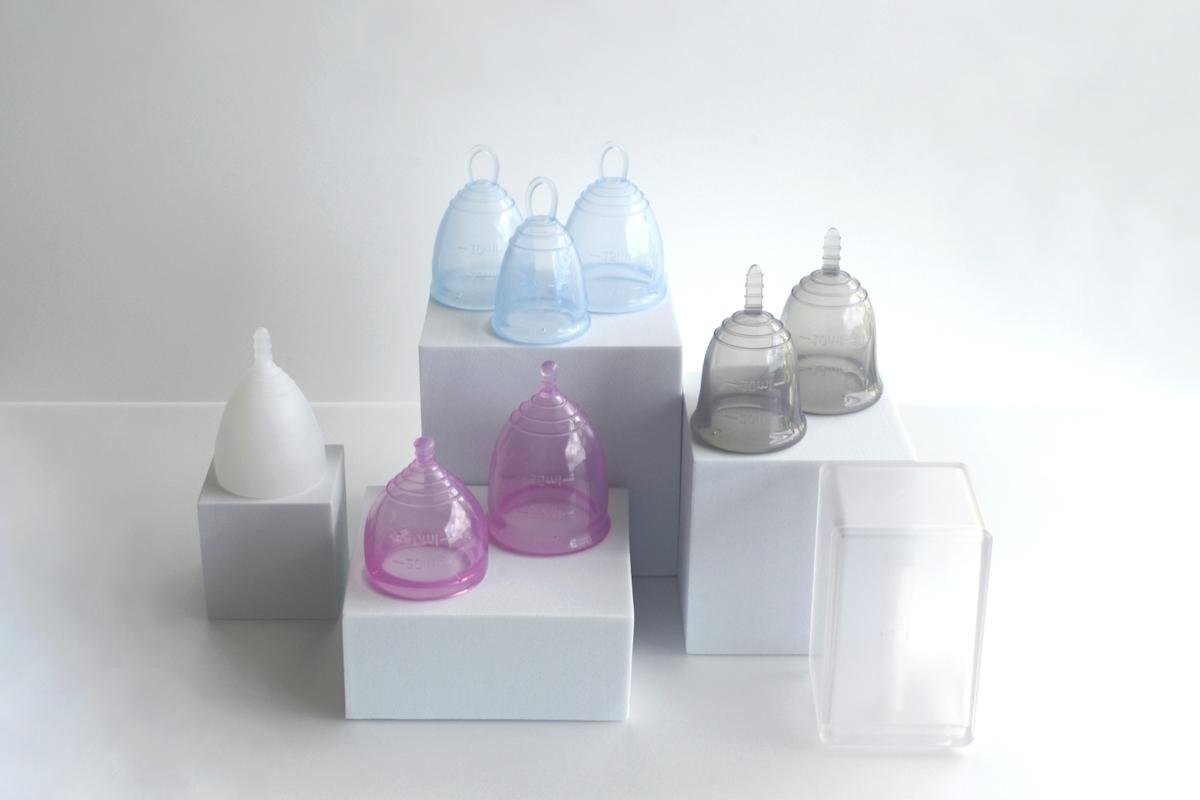Toyota Supplier Shifts Gears With Menstrual Cups in Asia Markets
(Bloomberg) — A Japanese auto parts maker is betting on an unlikely new growth engine: menstrual cups.
Nagoya-based GomunoInaki Co., which supplies rubber components to Toyota Motor Corp. and Denso Corp., is doubling down on its silicone period cups with a plan to start overseas sales this year, as the shift to electric vehicles spurs more companies to brace for shrinking demand for combustion-engine parts.
Most Read from Bloomberg
While the Feminak period cups, launched in 2023, comprise a sliver of the company’s annual revenue of ¥41.5 billion ($280 million), early signs are promising: Sales grew 70% in August from a year ago in a sluggish domestic market. GomunoInaki plans to debut the cups in Singapore and Vietnam by year-end, banking on the ¥4,780 product’s made-in-Japan appeal and use of medical-grade silicone. It also plans to release a more budget-friendly line next year.
“With the auto industry changing, we felt we had to innovate,” Merchandise Planning Division Manager Shunichi Koyama said.
Through its pivot into menstrual cups, the maker of seals and O-rings joins a long line of Japanese manufacturers that have veered into unexpected directions. FujiFilm Holdings Corp., once a film maker, now produces endoscopes and ultrasound devices, as well as Instax cameras; Ajinomoto Co., known for food seasonings, has a lucrative business in insulating films used in high-end semiconductors.
GomunoInaki leaned on its technological knowhow to make the cups as thin as possible and maximize capacity while preventing leakage. Feminak’s 0.1-millimeter precision makes it soft, flexible, odor-resistant and easy to clean, said Emi Kondo, a staffer involved in the product’s launch.
Founded in 1919, GomunoInaki now relies on automakers for roughly 90% of its business, although its 17,000-product lineup also includes paper feed components for printers and syringe caps. Its unexpected pivot into menstrual products began during the company’s centennial celebration, when employees were invited to propose ways to apply its polymer expertise to social challenges.
Menstrual cups have only recently gained traction as sustainable and reusable alternatives to sanitary pads and tampons. Commonly made of silicone, the cups can be worn longer than tampons and cleaned for repeated use.
In Japan, where an estimated 75% of women rely on sanitary pads, menstrual cups are edging into the mainstream: Integro Ltd. imports Anigan Inc.’s Eva cups, while Unicharm Corp., the country’s largest sanitary product maker, launched its own line in 2021.



Leave a Comment
Your email address will not be published. Required fields are marked *